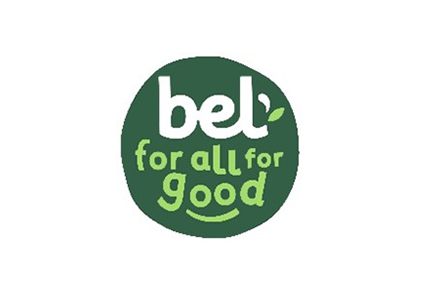Sustainability in the food supply chain is hinged on engaging farmers
2nd December 2015
And yet…farmers are sometimes the last to be consulted on sustainability. This was one of the key challenges discussed at the recent Global Sustainability Forum organized by Bord Bia in partnership with SAI Platform and WWF.
During one of the debates, Peter-Erik Ywema, SAI Platform’s General Manager said: “We have means to allow farmers to communicate with customers and customers to understand where their food is coming from but we need to create a language around what the issues at stake really are and agree on them. It’s about water, biodiversity and soil health but also about fair income and other economic, social, environmental and rural issues. We need to set a scope of what is relevant and allow supply chain partners to address them in a way that makes sense for them.”
David Croft, Sustainable Development Director at drinks company Diageo, said while collaboration was key to sustainability, it had to benefit the entire chain. “Farmers and producers need to be incentivised not just penalised. There needs to be more carrot as well as stick in this conversation and to be truly collaborative we need to get all parties round the table, including policymakers to cement agreements.”
The Irish Food Board, Bord Bia, recently brought together hundreds of sustainability professionals –including many of SAI Platform’s members, to discuss ways to increase production and consumption of food and drink, sustainably. The Global Sustainability Forum dealt with complex topics such as harmonizing metrics for measuring sustainability targets, the importance of collaboration, responsible sourcing, ethical supply chains, food waste, sustainable intensification and consumption and even what sustainability in the food supply chain looks like.
See The Guardian’s Origin Green Ireland partner zone for contributions from Jason Clay, one of SAI Platform’s Advisory Council members, Keith Kenney from McDonald’s, Diageo’s David Croft, and on reconnecting food value chains and engaging with farmers debates specifically.


